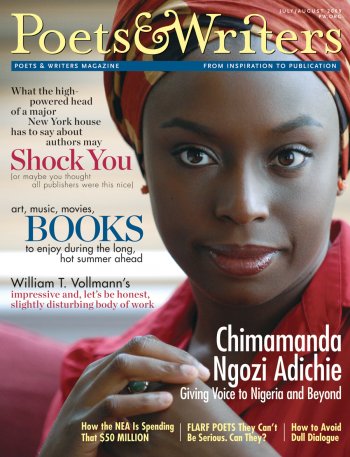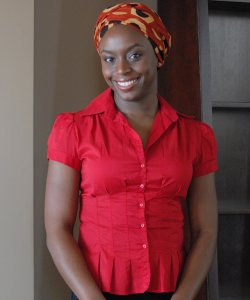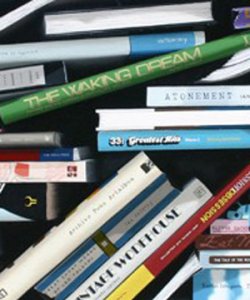
Nigerian author Chimamanda Ngozi Adichie; the prolific William T. Vollmann; six debut writers; plus art, music, movies, and books to enjoy during the long, hot summer ahead.
Jump to navigation Skip to content

Nigerian author Chimamanda Ngozi Adichie; the prolific William T. Vollmann; six debut writers; plus art, music, movies, and books to enjoy during the long, hot summer ahead.

Some publishers may have lost sight of what’s important, but the head of FSG shows his allegiance as he discusses the fallacy of the blockbuster mentality, what writers should look for in agents, and his close bond with authors.
For more than twenty years William T. Vollmann has been writing some of the most intellectually engaged, provocative, and, quite frankly, disturbing books in contemporary American literature.
Interviews with debut authors Nicola Keegan, Reif Larsen, Ru Freeman, Joshua Mohr, Ali Sethi, and Joanna Smith Rakoff.

For Nigerian author Chimamanda Ngozi Adichie, literary stardom has yielded more than the confidence to keep writing. Much more.
A group of writing instructors and students who over the years formed a ragtag band during late-night impromptu jam sessions at the Bennington Writing Seminars released their first CD earlier this year. Titled Let's Doghouse: A Tribute to Liam Rector, the compilation serves as a memorial to the founding director of the Writing Seminars, a poet, who passed away two years ago.

Almost a decade after its creation, the experimental poetry movement Flarf—in which poets prowl the Internet using random word searches, e-mail the bizarre results to one another, then distill the newly found phrases into poems that are often as disturbing as they are hilarious—is showing signs of having cleared a spot among the ranks of legitimate art forms.

Last August, Howard Junker announced that at the end of 2009 he would retire as editor of ZYZZYVA, the literary journal he founded in San Francisco in 1985. Six months later, in February, he rescinded his resignation. Junker recently spoke about his change of heart and the future of the magazine.
Literary MagNet chronicles the start-ups and closures, successes and failures, anniversaries and accolades, changes of editorship and special issues—in short, the news and trends—of literary magazines in America. This issue's MagNet features Wag's Revue, Poet Lore, the Glut, Portrait, Argosy, can we have our ball back?, DoubleTake, Midnight Mind Magazine, Mot Juste, Cue, and Black Clock.

For many writers groups and nonprofit literary organizations battered by the recession, help is on the way. The American Recovery and Reinvestment Act, which was signed into law by president Barack Obama in February, included fifty million dollars in arts funding that is being allocated by the National Endowment for the Arts.
With so many good books being published every month, some literary titles worth exploring can get lost in the stacks. Page One offers the first lines of a dozen recently released books, including Rachel Levitsky's Neighbor and Stephen D. Gutierrez's Live From Fresno y Los, as the starting point for a closer look at these new and noteworthy titles.
Small Press Points highlights the happenings of the small press players. This issue features Action Books, Melville House Publishing, Muumuu House, and Tin House Books.

Inspired by the idea that bookshelves offer a glimpse into their owner's personal life and interests, last year Australian artist Victoria Reichelt undertook a series of oil-on-canvas paintings based on photographs of random shelves and collections of books.
A look at some of the visually embellished novels and memoirs published in recent years. Plus five things authors should keep in mind about interior book design.
A guide to submitting writing to Barrelhouse.
An approach to writing dialogue that adds dimension to characters and moves the story forward.
A look at what makes the novella a unique and timely literary form.